Video credit: https://www.youtube.com
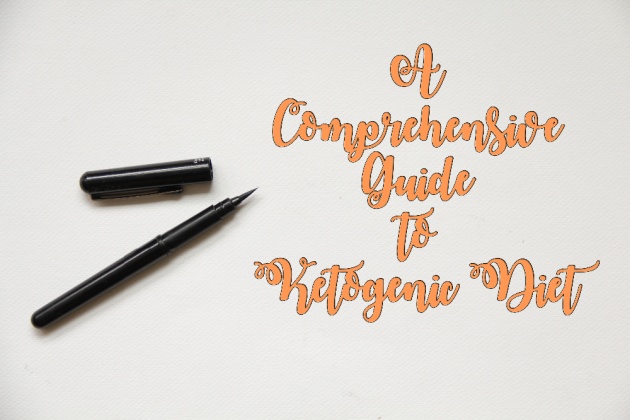
Image credit: https://pixabay.com / Edited with Photoshop
Everyone wants to lose weight fast that's why we easily fall for the latest fad diets such as the cookie diet, the five bite diet, lemonade diet, oatmeal diet, and the baby food diet. These fad diets may actually help you lose weight but at the expense of your health. I personally have tried the oatmeal diet where I only ate oatmeal on certain days of the week because I've always wanted to get rid of my stubborn belly fat. But, after a few days, all I got was a grumpy attitude from the hunger and an even grumpier belly fat who still refuses to go away.
Don't just follow the latest fad diet. There are a variety of diet methods backed by scientific studies and findings. One of them is the ketogenic diet. However, even if it is already a proven effective diet method, you should still consider consulting with a doctor or dietitian first to ensure that you are not harming your health in the process. To help us understand more, here are the basics of keto diet.
What is the Ketogenic Diet?
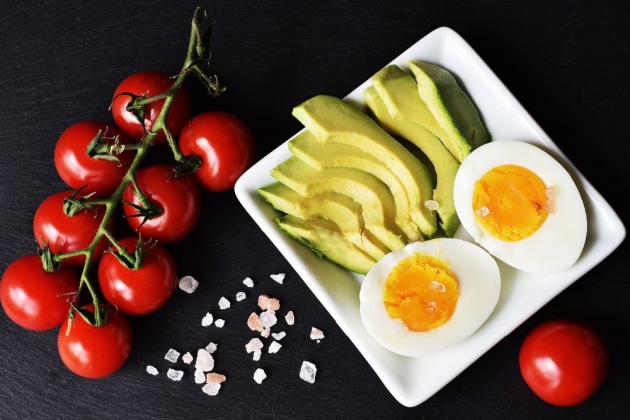
Image credit: https://pixabay.com
The body produces glucose from carbohydrates, which is normally the body's primary source of energy. This means your fats are not needed so they get stored away. The ketogenic diet, also referred to as a keto diet, low carb diet or low carb high fat (LCHF) diet, is a low carb diet, high fat that encourages the body to enter a metabolic state called ketosis where ketones become the primary energy source instead of glucose.
Many experts believe that ketones are a much stable and cleaner source of energy than glucose. Ketones are derived from the breakdown of fats in the liver while glucose is produced by eating foods that are high in carbohydrates. It may take 3 days or up to a week before your body enters the ketosis state. Once there, your body will be using fat for energy, which includes the stored body fat and the ones you have just eaten.
This process may sound unnatural and strange to you but ketosis is a natural survival mechanism of the body when there is a shortage of food or food intake is low. The keto diet simply forces the body to enter this metabolic state by starving the body of carbohydrates. A reduction in your carbs also means a significant reduction in blood sugar and insulin. Do take note that you should not starve your body of calories in the process.
Type of Ketogenic Diets
Like every other diet methods, the keto diet also has different versions. These include the following.
- Standard ketogenic diet (SKD). This type of keto diet contains 75% fat, 20% protein, and only 5% carbs. This makes it a high fat, moderate protein, and very low carb keto diet plan.
- Cyclical ketogenic diet (CKD). This diet involves cycling between periods of high protein, low carb, and high fat with periods of high carb, low fat, and high protein. For example, you can follow a 5 keto day and 2 high-carb day diet.
- Targeted ketogenic diet (TKD). The targeted ketogenic diet is just a normal keto diet except it allows you to eat carbs around your workout times.
- High-protein ketogenic diet. This is quite similar to a standard keto diet but involves higher amounts of protein. The ratio for this type of diet is usually 60% fat, 35% protein, and 5% carbs.
How to Tell When You've Entered Ketosis?
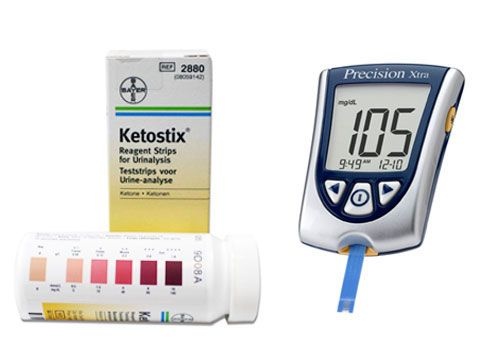
Image credit: https://ketodietapp.com
There are several ways to check if you've entered ketosis. You can look for changes in your alertness and mood, as well as a stronger smell in your breath and urine. Some people also report that they sleep better and their appetites have decreased while in ketosis.
Another option is to use ketone test strips. Any change in the strip means you have entered ketosis. You may also be able to measure your ketone bodies depending on the type of test strip you use. There are basically three types of ketone test strips.
- Urine Stricks. Urine sticks are the easiest and cheapest way to measure ketosis. However, it will not provide an accurate measurement of blood ketones. This is the best option for beginners who are still trying to understand how the keto diet works.
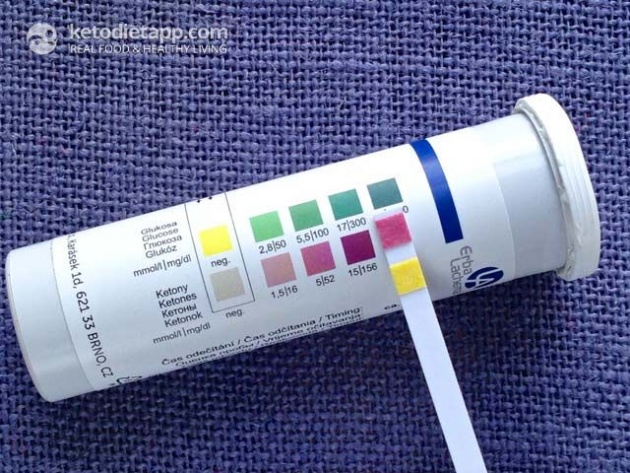
Image credit: https://ketodietapp.com
- Breath Ketone Meters. This device is very easy to use as you only need to blow into it and it will analyze your breath for your ketone levels. This is more accurate than urine strips but not as accurate as blood strips. Additionally, it's accuracy may sometimes vary. The upfront cost of the device is quite steep but, since it is reusable, it will be cheaper in the long run than having to regularly buy blood ketone strips.
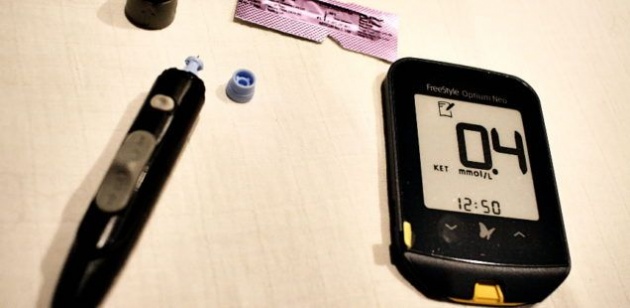
Image credit: http://www.thetallcyclist.com
- Blood ketone meter. This is the most accurate way of measuring your level of ketosis. It also shows real-time results but the strips are quite expensive. Also, you should consider that there are also instances (though not always) where readings fail, meaning a wasted strip. And you do have to prick your fingers in order to draw blood. If you are squeamish about blood, this type of test is not for you.
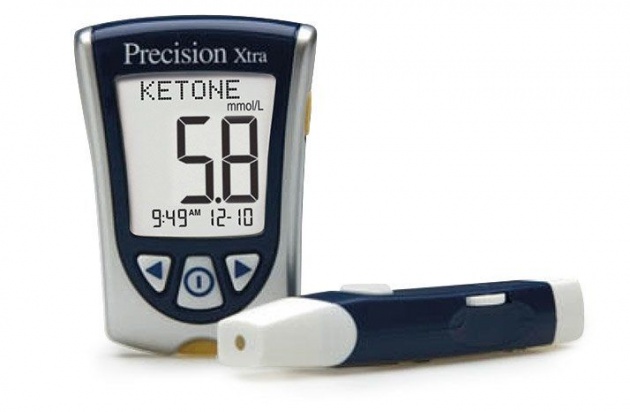
Image credit: https://www.bodybuilding.com
Is Fat Really Bad?
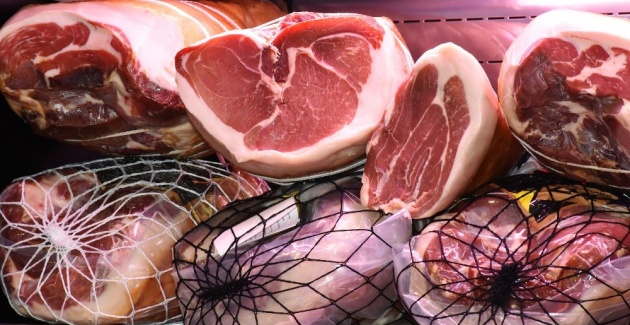
Image credit: https://pixabay.com
For many years, we have been convinced that fat is bad for our health as it poses heart disease risks. But, recent studies have proven that eating saturated and monosaturated fats will not cause health problems such as cardiovascular diseases. In fact, most fats are actually good and essential to our health and survival.
The best healthy fats for keto diet are the following:
Saturated fats:
- Butter
- Red meat
- Cream
- Lard
- Coconut oil
- Cocoa butter
- Palm oil
- Eggs
Monosaturated fats:
- Avocados and avocado oil
- Extra virgin olive oil
- Macadamia nut oil
- Goose fat
- Lard and bacon fat
Polyunsaturated fats:
- Extra virgin olive oil
- Walnuts
- Flaxseeds and flaxseed oil
- Sesame oil
- Fatty fish and fish oil
- Chia seeds
- Avocado oil
- Nut oil
Natural trans fats:
- Dairy fats such as yogurt and butter
- Grass-fed animal products
While some trans fats and polyunsaturated fats are good for your health, not all of them are. You should stay away from the unhealthy processed and artificial trans fats as they are very damaging to the health. When polyunsaturated fats are processed, they create harmful free radicals. So, it is important to choose only polyunsaturated fats that are not overheated, altered, or processed. Furthermore, processed trans fats are often made from oils that have genetically modified seeds.
Trans fats to avoid:
- Hydrogenated and partially hydrogenated oils that are usually found in cookies, margarine, crackers, and fast food
- Vegetable oils that have been processed such as canola, cottonseed, safflower, sunflower, and soybean oils.
Benefits of the Ketogenic Diet
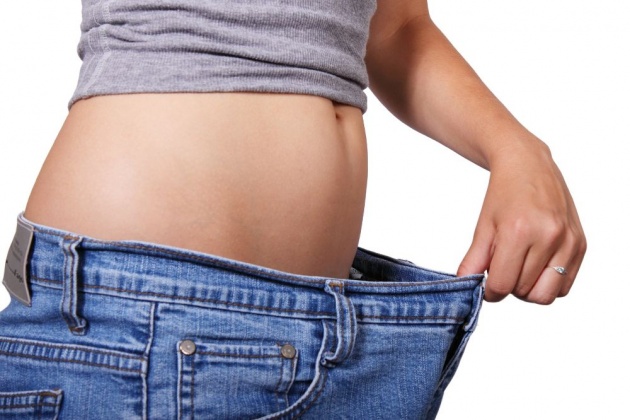
Image credit: https://pixabay.com
The keto diet offers various benefits and advantages over other diet methods. Aside from being an effective weight management method, it can also help increase your energy levels. Surprisingly, it also has some therapeutic medical applications. Continue reading below to learn more about the many benefits of keto diet.
- Weight loss. The most common reason why people go on any kind of diet is to lose weight. The keto diet is a proven effective way to lose weight. This is because your insulin levels drop significantly. Insulin is a fat storing hormone. If this is suppressed, your body will start to burn your fats for energy. According to some studies, people on a keto diet lost twice as much more than those on a low-fat diet. Their HDL cholesterol and triglyceride levels also improved. Another advantage of this diet is that you can lose weight without having to count calories or keep track of your food. What's not to like about bacon for breakfast?
- Blood sugar management. Since the keto diet restricts your carb intake, it's only natural that your blood sugar levels will improve drastically. Many studies have also proven that it is a more effective way to manage blood sugar levels than other low-calorie diets. This is why people who are prediabetic or have type II diabetes can greatly benefit from this diet.
- Improved mental focus. It's probably not common knowledge but ketones actually serve as a good source of fuel for the brain. And as you produce more ketones while on a keto diet, it follows that you will have increased mental focus and performance. Several studies also back this up. In fact, many studies prove that intake of fatty acids has a lot of positive impact on the brain's function.
- Energy booster. Ketones are considered by many experts as a better and more stable source of energy. So when your body is running on ketones, you will experience an increase in energy. You will also feel more satiated or fuller for a longer period of time because fats are more satisfying than fruits and vegetables. This means you will not be tempted to cheat on your diet plan.
- Blood pressure and cholesterol management. The keto diet does not only help you lose weight, it also helps lower cholesterol and triglyceride levels that cause arterial buildup. Compared to low-fat diets, high-fat, low-carb diets have shown a significant increase in HDL while lowering LDL particle concentrations. Additionally, excess weight is one of the common cause of high blood pressure, so losing the extra pounds will help normalize your blood pressure.
Video credit: https://www.youtube.com
Other Health Benefits of the Ketogenic Diet
The keto diet a very effective way of losing weight. But, did you know that it was originally created to treat neurological diseases? Many studies have shown that this diet can also benefit people who have the following conditions:
- Heart disease
- Cancer
- Alzheimer's disease
- Epilepsy
- Parkinson's disease
- Polycystic ovary syndrome
- Acne
- Brain injuries
What is the Keto Flu?
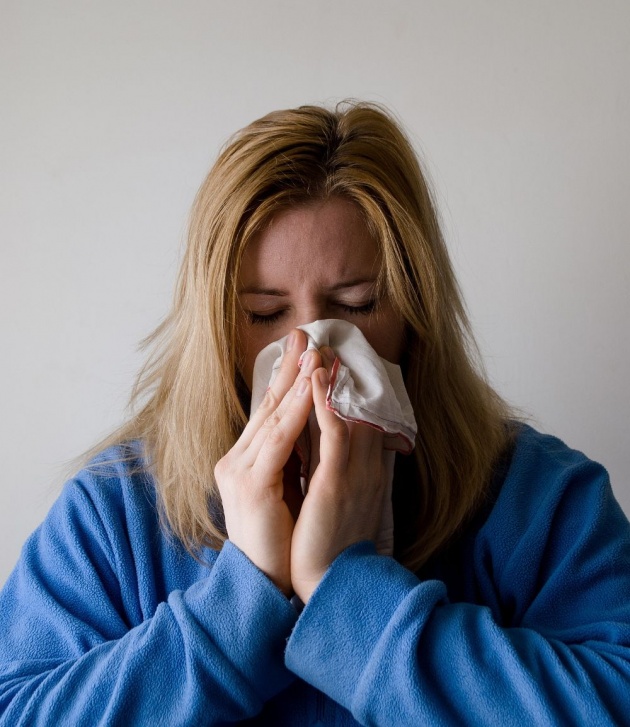
Image credit: https://pixabay.com
The keto diet is generally safe for healthy people, but it's normal to experience some initial side effects. The most common side effect is called the keto flu but it usually goes away after a few days. It is called as such because it has flu-like symptoms such as:
- Headaches
- Fatigue
- Cough
- Irritability
- Sniffles
- Nausea
Although it has flu-like symptoms, it is not a real flu. Keto flu is not contagious as it does not involve an actual virus.
What Cause Keto Flu?
There are several reasons why people experience the keto flu but the two main causes are keto is a diuretic and your body is transitioning.
Keto flu happens due to low levels of electrolytes and sodium because you tend to go to the bathroom to urinate more often while on a keto diet. You can avoid this by making sure that you have enough electrolytes. You can do this by increasing your water intake, adding more salt to your diet, drinking soup broth, or drinking Gatorade.
Another reason is that your body is still transitioning. Remember that our bodies are used to burning glucose from carbs for energy. So, give your body time to adjust and get used to its new source of energy. In the meantime, while your body is still adjusting, it's normal to experience nausea, grogginess, and headaches because of low energy levels. If you're having problems coping with the transition, you can gradually reduce your carb intake.
Other Possible Effects of the Ketogenic Diet
Aside from the keto flu, there are also other possible side effects of a keto diet. These include:
- Fruity-smelling urine
- Bad breath
- Indigestion and diarrhea
- Keto rash
- Hair loss
- Constipation
- Heart palpitations
- Leg cramps
- Loss of muscle mass
What are the Best Foods for Ketogenic Diet?
The keto diet can be quite restrictive when it to comes to the foods you can eat, but the selection of allowed food is still vast and varied. They are also quite filling so you won't feel hunger pangs like you would with other low-fat diet methods.
Foods to eat:
- All kinds of meat
- Butter and cream
- Fatty fish
- Eggs
- Cheese
- Nuts and seeds
- Avocados
- Healthy oils
- Low carb veggies
You are also allowed to add condiments and a variety of healthy herbs and spices to your food as long as they don't contain unhealthy fats and sugar.
Foods to avoid:
- Foods with lots of sugar
- Starchy food like grains, pasta, and cereals
- All types of fruits except small portions of berries such as strawberries
- Beans or legumes
- Low-fat or diet products
- Unhealthy fat
- Root vegetables
- Sugar-free diet foods
- Alcohol
Supplements for a Ketogenic Diet
You don't really need to take supplements when on a keto diet, but it is not disallowed. You cant take supplements if you feel like you need it. Some of the useful supplements include:
- MCT oil
- Caffeine
- Minerals
- Exogenous ketones
- Creatine
- Whey
Final Thoughts
The keto diet can be beneficial to people who are diabetic, prediabetic, overweight, or those who simply want to improve their metabolic health. However, it is not for everyone. Elite athletes who wish to add large amounts of weight or muscle may not benefit from this diet because it's possible that they will lose more muscle mass than gain them. And like any other diet method, you need to be consistent and stick with it for a long time to see any results.
Also, there is that risk of dangerously elevating your cholesterol levels instead of lowering it because of the fats. Again, different strokes for different folks. What may work for others may not work for you. Which is why you should ask an expert before starting any kind of diet plan. Furthermore, many experts believe that you shouldn't be on a keto diet for longer than three to six months.
Other blog posts you may also find interesting:
Probiotics 101: Everything You Need to Know About Probiotics
16 Vegan Protein Substitutes
Intermittent Fasting: A Beginner's Guide
~oO0Oo~~oO0Oo~~oO0Oo~~
Thanks for reading! Have a wonderful day ahead of you and keep smiling. :)
Written by Chineyes for Bitlanders
Not yet on Bitlanders? Sign up now and be rewarded for sharing ideas, photos, and videos!



